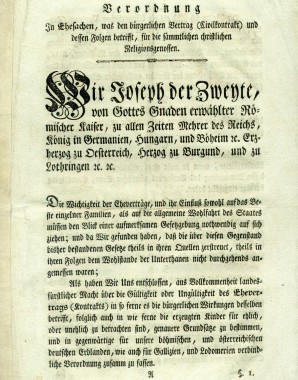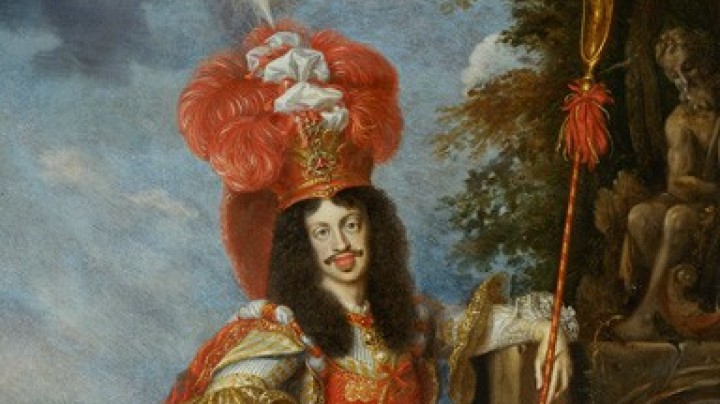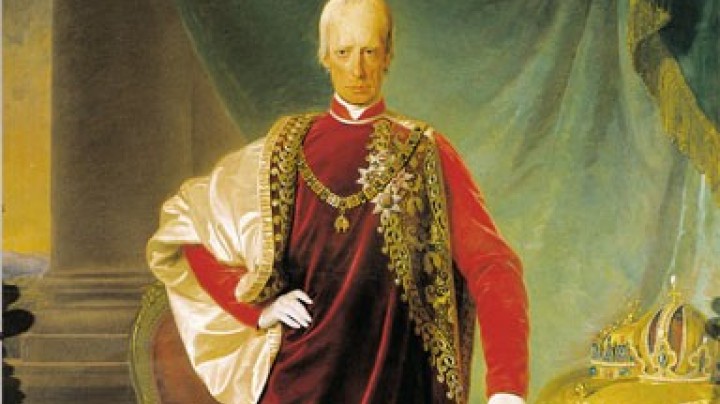Go forth and multiply! The Habsburgs’ human capital
The present-day government of China is, with the aid of laws and regulations, trying hard to keep the population as low as possible; three hundred years ago the Habsburgs were trying to do exactly the opposite.
In the seventeenth and eighteenth centuries many economic theorists – and with them the rulers of states – were convinced by the ideas of mercantilism and acted more or less in accordance with its principles. One of its most important commandments concerned the population of a sovereign territory: the more people that lived and worked in a state, the wealthier the state would become, since an increase in population meant that the state would collect more taxes. However, the economists were also of the opinion that it would be advantageous for people to live in a state with a large population.
The mercantilists attached great importance to promoting marriage, because this meant more children – in theory, at least. Hence permission to marry was given very liberally – in fact Joseph II abolished the need for such permission altogether, while the guilds were to allow even journeymen to marry. However, such liberal marriage laws brought the mercantilists into conflict with local authorities and the role of the police in regulating the poor. Because local communities and parishes had to provide for the poor, they tried to prevent them from marrying in order to avoid possible additional expenditure on their children. In many parts of the Monarchy, for example in the Salzkammergut lake district, the lifting of restrictions on marriage led to nothing less than a boom in weddings. It was also intended to restrict the number of those taking holy orders, since this entailed celibacy and childlessness.
At the beginning of the nineteenth century the restrictions on marriage were again tightened: people were only allowed to marry if they were able to support themselves.














